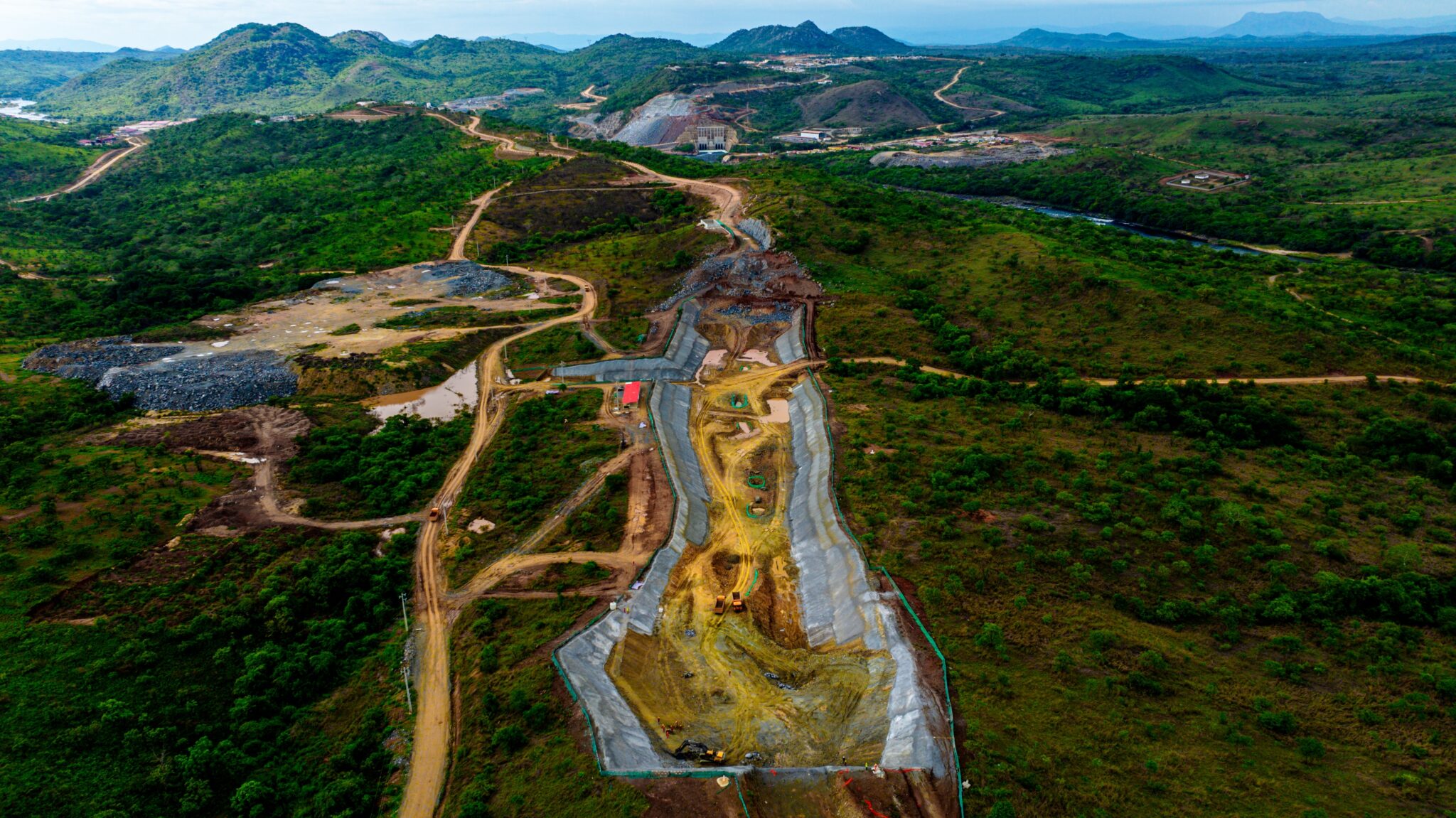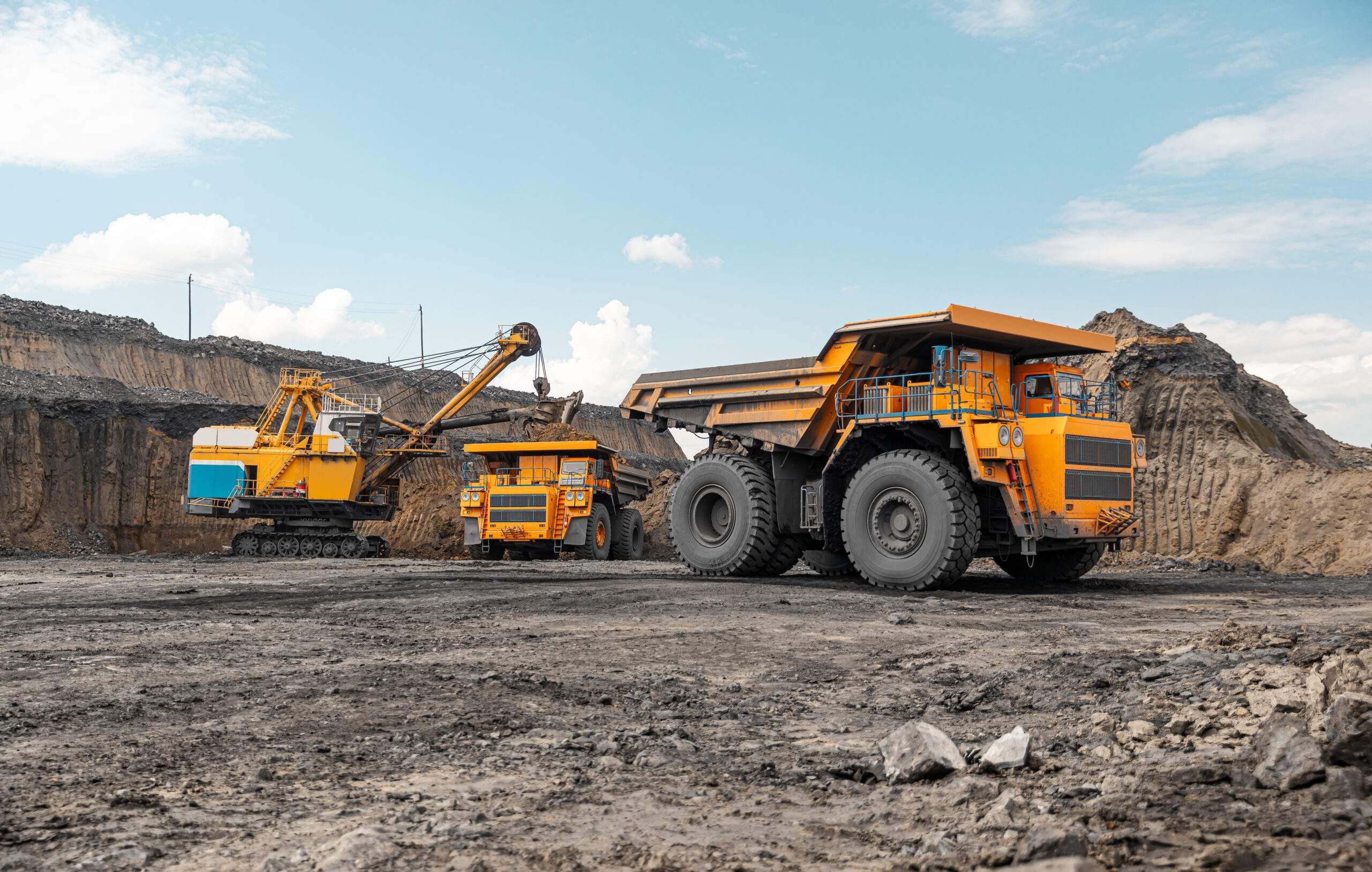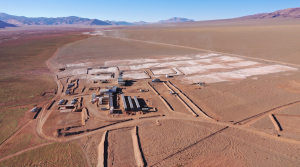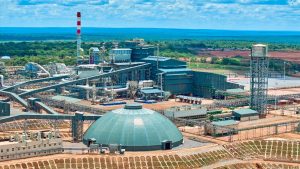Mining companies reluctant to invest in SA amid ongoing infrastructure and energy crises
Mining companies are reluctant to invest long-term in the domestic economy because of the lingering uncertainty as South Africa struggles to resolve its energy and water crises and the problems persist at Transnet’s freight rail. The companies have consistently complained about how these challenges are affecting their profitability making South Africa, once a shining star, a less attractive mining jurisdiction for large firms that are also big employers.
Presenting the 20th edition of the PwC Mine report titled The era of reinvention, an annual review of the world’s largest mining companies, PwC Africa Mining leader Andries Rossouw said the unavailability of cheap reliable energy and an efficient transport infrastructure placed a big limitation on the local mining industry.
MINING SECURITY
“We cannot be sitting in a situation where coal production has to be pulled back because we cannot export enough as a result of Transnet Freight Rail constraints and that’s where we are. It is a real shame and it’s the same with the electricity crisis. Everyone is working really hard to deal with it or not deal with it, but there is a desperate need for the country for the electricity situation [to be resolved].
“The only real solution is appropriate collaboration between government and the private sector.”
There’s a real risk if we don’t create an enabling environment for our mining industry, global mining companies will go elsewhere – that’s the bottom line.
PwC Africa Mining leader Andries Rossouw
CRITICAL MINERALS
With world leaders focused on decarbonisation, governments around the world have taken swift action over the past 12 months to secure critical mineral supply. Critical minerals dominated deals concluded last year, which saw exploration for gold, lithium and copper grow significantly.
Mining companies have been encouraged to make the most of this change and see it as a chance at reinvention as many of these minerals can be used for batteries, electric vehicles and solar and wind generation. Critical minerals can also be used in national defence, technologies and weaponry.
Rossouw said domestically, while there might be an intention to provide some support towards critical minerals extraction from government, this was yet to come through. Without access to the critical minerals there would be constraints and bottlenecks that would affect future economic growth, he added.
We haven’t had massive movements in terms of regulation in our industry for the last number of years. There certainly hasn’t been any focus or incentivisation locally on critical minerals, one side on the extraction of it. We haven’t explored a lot in order to find it and secondly, we haven’t done a lot of work to incentivise beneficiation locally.
PwC’s Andries Rossouw
The report found the 40 mining companies made strong gains in the last year with revenue down 1% at $711 billion (R13 trillion), market capitalisation tripled from $400 billion to $1.2 trillion. The earnings before interest, taxes, depreciation, amortisation and impairments margins were slightly down amid swelling costs and economic uncertainty.
DECARBONISATION
The PwC report shows that mining companies will have to ramp up production to meet rising demand for the critical minerals and other commodities required for the energy transition. It reads: “The transition to renewable energy and a low-emissions economy will not, however, be straightforward – and neither will change in the mining industry’s makeup.”
Rossouw said there was a need to create a balance between fossil fuels and renewables as everything cannot be replaced swiftly.
Despite the move towards cleaner energy, coal was a top revenue earner (28%) for big mining companies last year as the commodity boom cycle winds down. Demand and prices for coal remain high, fueled by Europe’s geopolitical issues that have resulted in an energy crisis in that part of the world and in turn injected life into the demand for coal.
Therefore, prices will continue to stay high and the ability to deliver in those high prices will be interesting. The continued building of coal fire power stations in China … means we will probably have a volatile fossil fuels market for the future with demand still being at high levels.
PwC’s Andries Rossouw
“The challenge that the world is facing, and Europe experienced at the beginning of last year is, once you weigh up energy poverty against energy transition, dealing with energy poverty tends to win because it affects the electorate in developed countries like what we have in Europe,” he said.
A concern for mining companies is the shortage of appropriate skills extracting out critical minerals. However, the industry may be less attractive to younger workers.
In a survey by the Mining Industry Human Resources Council of Canada, a majority of Canadians aged between 15 and 30 said they would definitely or probably not consider a career in mining.
The report found that attracting the industry’s next generation of talent needs a focus on the industry’s skills of the future: in AI, robotics, automation and data analytics.
Share this content:














